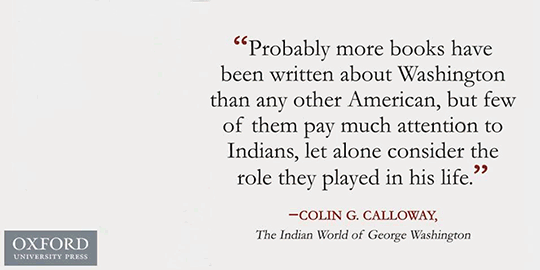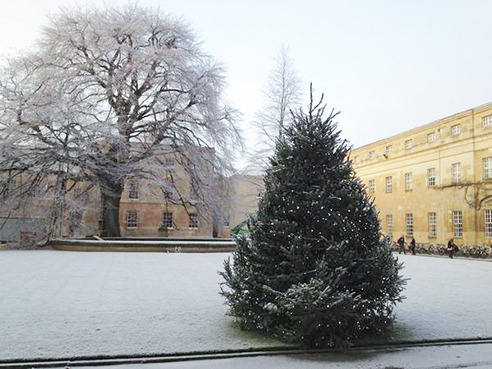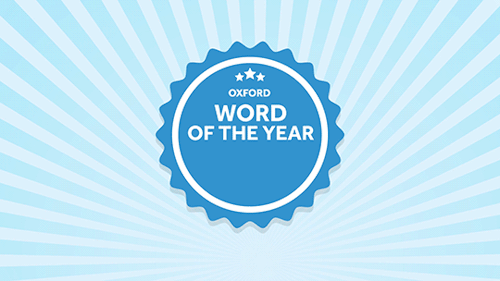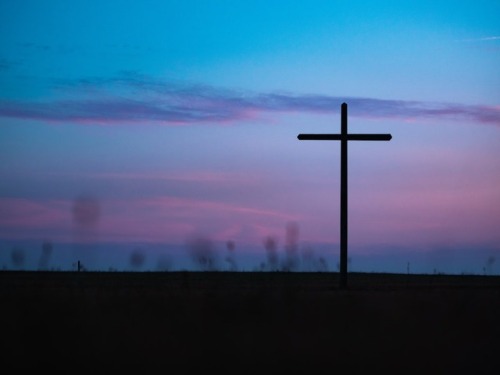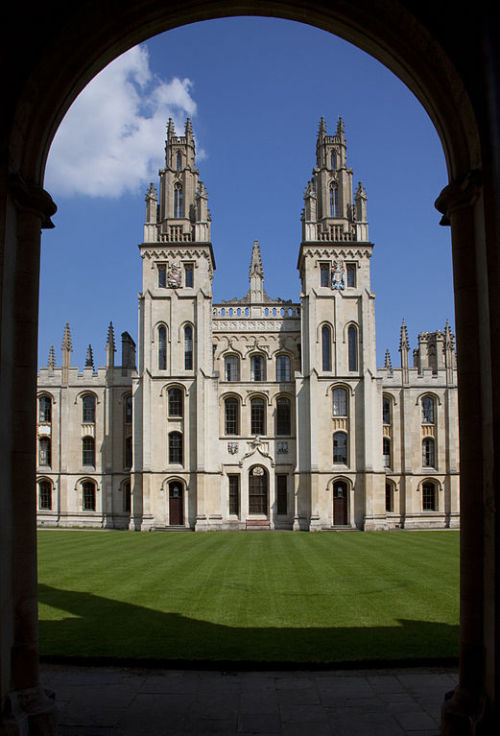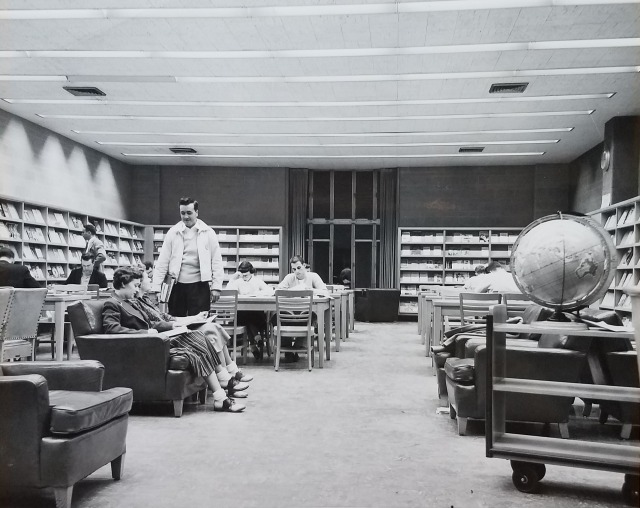
The winner of the 2018 Oxford Art Journal Essay Prize for Early Career Researchers is Dr. Alex Burchmore!
In a new interview with the journal, Dr. Burchmore discusses his early career journey so far, his prize winning paper, and tips for submitting to the 2019 Essay Prize (closing on 1st December 2019). Find out more about his research and details of how to submit your own paper here.


